Music is often seen as a universal language, uniting people and manifesting beautiful relationships. On the other hand, the business aspect of the music industry can get a bit controversial. With so many musicians constantly publishing their content, it may be hard to prove originality and not repeat similar melodies, tunes, or production. Some of the most famous musicians have taken matters to the court to claim what they deem is rightfully theirs. We take an in-depth look at some of the most significant faces regarding music rights and how disputes have been settled.
Vanilla Ice v. Queen and David Bowie (1990)
Vanilla Ice’s music career may seem like a flop now, but about thirty-some years ago, he was considered one of the music industry’s top players. As much as “Ice Ice Baby” was admired and sung by many, it became controversial for one major thing: the bass line’s identicality to Queen and David Bowie’s “Under Pressure”. Although the crooner tried to play it off as a joke, Vanilla Ice’s defense of his plagiarism makes this one of the most memorable music court cases of all time.
Coldplay v. Joe Satriani (2008)
One of Coldplay’s biggest hits after “Yellow” was “Viva la Vida”. Supposedly those orchestral instrumentals and belting melodies of the band were claimed to be unoriginal. Joe Satriani was one of the three artists to hold Coldplay accountable for stealing ideas for the 2008 pop hit. Satriani claimed that “Viva La Vida” incorporated significant passages of instrumental sections from his song “If I Could Fly”. The case failed to make it far in the court system, but to this day, it is still unknown as to whether Coldplay was obliged to pay up or not.
Kesha v. Dr. Luke (2014)
A couple of years back, magazines, entertainment news outlets, and people all across social media were talking about the tragic abuse that Kesha had endured throughout her rise to fame. Kesha’s producer, Dr. Luke, was accused of rape and emotional abuse. It was not long before fans offered their support by initiating the “#FreeKesha” movement in 2014 when a judge had refused to release Kesha from a contract she had made with Dr. Luke years before the controversy. Thankfully, Kesha had support from musicians such as Taylor Swift and Lady Gaga to help cover legal bills.
Kesha now makes music without the production of Dr. Luke but is still required to pay royalties to him while nearing the end of her contract. Despite the fact that Dr. Luke has won in court so far, his reputation has been irreparably damaged by allegations.
The Marvin Gaye Estate vs. Pharell, Robin Thicke, and T.I. (2015)
Do you remember that extremely catchy song “Blurred Lines” that headlined everywhere in 2013? A couple of years later, music-lovers all across the world and professionals in the music industry were stunned when it was discovered that a court in Los Angeles ordered Robin Thicke and Pharrell to pay Marvin Gaye’s estate $7.3 million. Gaye’s estate sued the artists for their pop song because they claimed that some parts were similar to Marvin Gaye’s “Gotta Give It Up” hit. The court was able to rule a decreased $5.3 million and T.I. was credited as being a co-songwriter and received the appropriate royalties.
Radiohead v. Lana Del Rey (2018)
For Lana Del Rey, her love and praise for “Creep” definitely went noticed—just not in the best of ways. Early in 2018, the British band, Radiohead, sued Lana Del Rey in regard to the similarities between Del Rey’s “Get Free” and their breakthrough hit “Creep”. In response to the lawsuit, Del Rey offered 40% of the song’s royalties only to have the band reject and demand 100%. The band’s publishers denied taking the dispute to the court, but they did confirm that they would be requesting a writing credit to be added to the song. Del Rey confirmed the settlement of the dispute to the public while performing at the annual Lollapalooza festival in Brazil.
The Verve v. The Rolling Stones
The frontman for The Verve, Richard Ashcroft, endured a 22-year dispute over a four-second string sample of an orchestral rendition of The Rolling Stones’ “The Last Time”. During this time, Ashcroft did not earn a penny from the song’s earnings, but as of recently, Mick Jagger and Keith Richards generously transferred royalty rights and full songwriter credit back to Ashcroft.
Defending Your Craft with Cynthia R. Lopez, P.C.
Cynthia R. Lopez, P.C. is licensed to protect artists when it comes to their music and their original creations. Contact Cynthia R. Lopez, P.C. today to learn more about how we can represent you.




